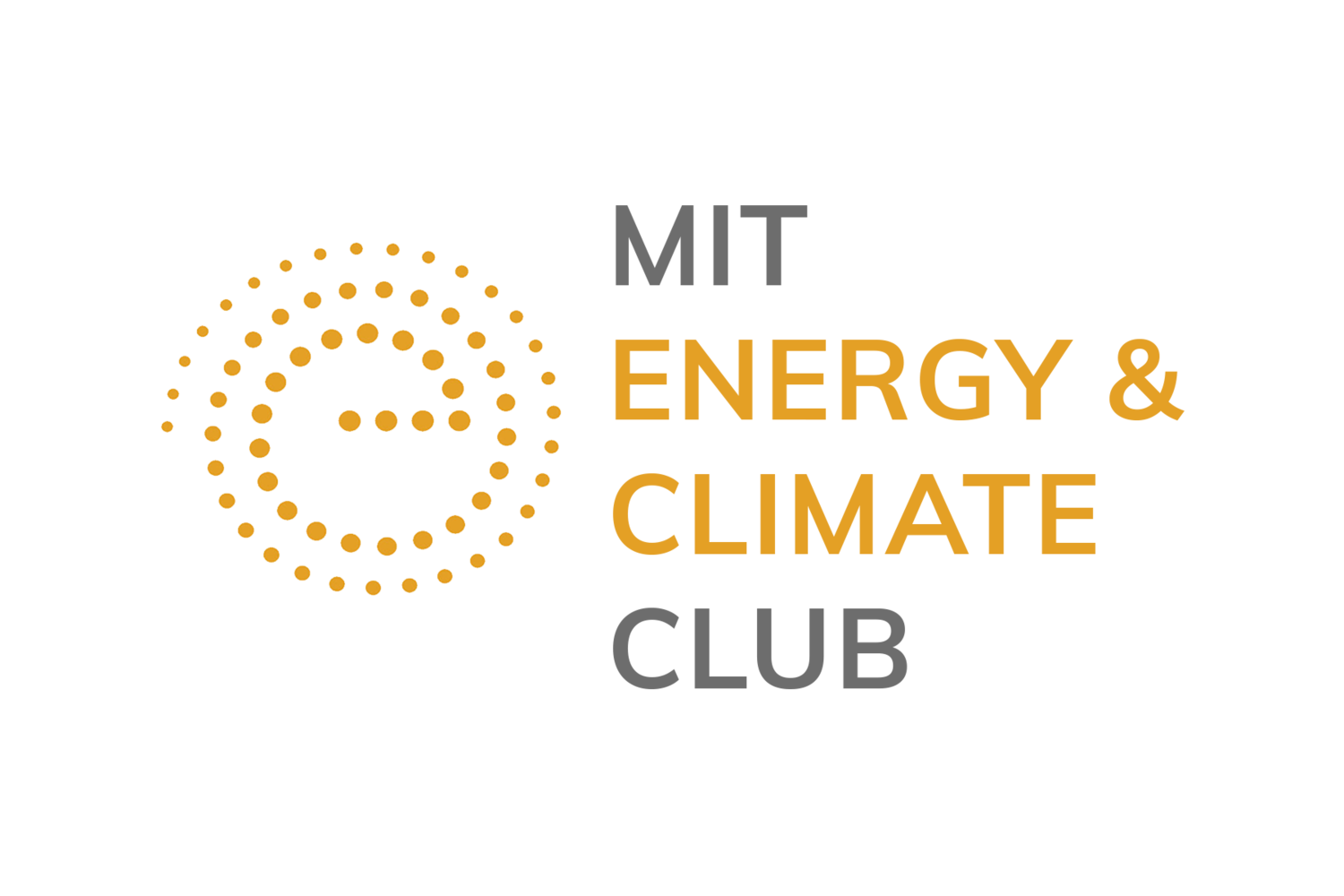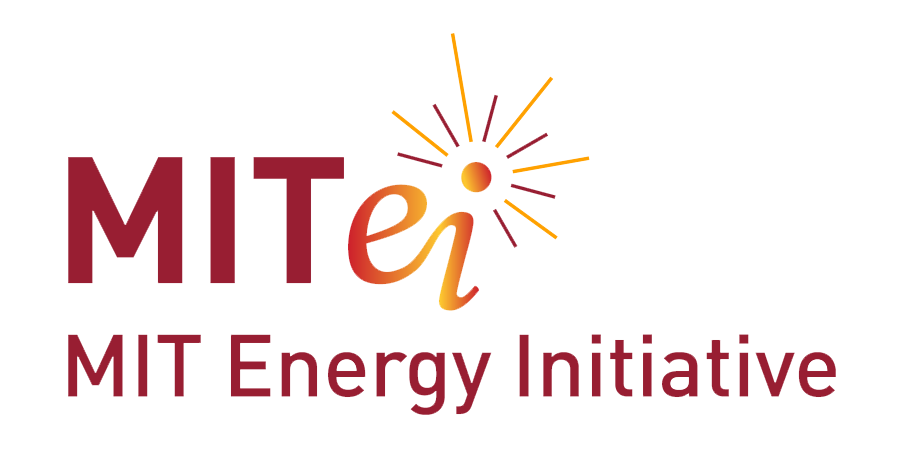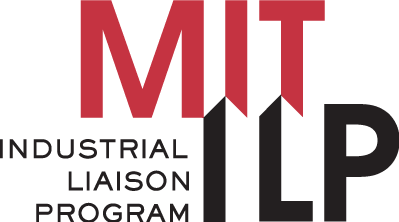Kelly Wu | November 26th, 2019
The future of global energy is taking center stage more and more in today’s political debates and technical innovation challenges. On October 11th 2019, here in Cambridge, the MIT Energy Club celebrated the great success of its first of three flagship events – MIT Energy Night. Launched in 2006, MIT Energy Night showcases some of the most cutting-edge technology and innovation being developed in energy.
Over 1,000 people attended the event, held again this year at the MIT Museum. Attendees were able to hear MIT researchers and affiliated startups present their work on energy with a backdrop of robots, ships, and Polaroid exhibits.
At 7:30pm the growing line out of the door along Mass Ave showed how much interest the public has in solving our 21st century energy problems. Based on a post-event survey, 13% of the night’s attendees were undergraduates, 30% were graduate students, and another 36% were employed at a STEM related company. Attendees made one to five connections they are likely to follow up on, and all enjoyed hearing about research presentations and seeing some great demonstrations (including turbine blades and an arc reactor). Despite the rainy weather, the MIT Museum was at capacity for most of the night.
Presenters also came from diverse backgrounds, representing the reality of energy being a complex field, with problem spaces for many different perspectives. 18% of presenters were working with energy efficiency, 16% with storage, and 10% each with nuclear and machine learning technologies. Keynote speakers featured Form Energy, Eric Verploegen from MIT D-Lab, Via Separations, and Leah Ellis from MIT Materials Science & Engineering.
Infinite Cooling, an MIT startup, uses an electric field to capture water from cooling plants, and hopes to apply this technology to solving global water scarcity. Leah Ellis, a PhD candidate in the MIT department of Materials Science & Engineering, is investigating a chemical process for electrochemically producing cement, one of the most carbon-intensive materials in the industrial market. Form Energy, a local startup, is working on bringing to grid scale its ultra low-cost, long duration energy storage technology.
All in all, the night proved that although energy can be a difficult and complex problem that faces society today, innovation is indeed happening and the public interest and support needed to uphold these ventures will only increase in the coming years.






